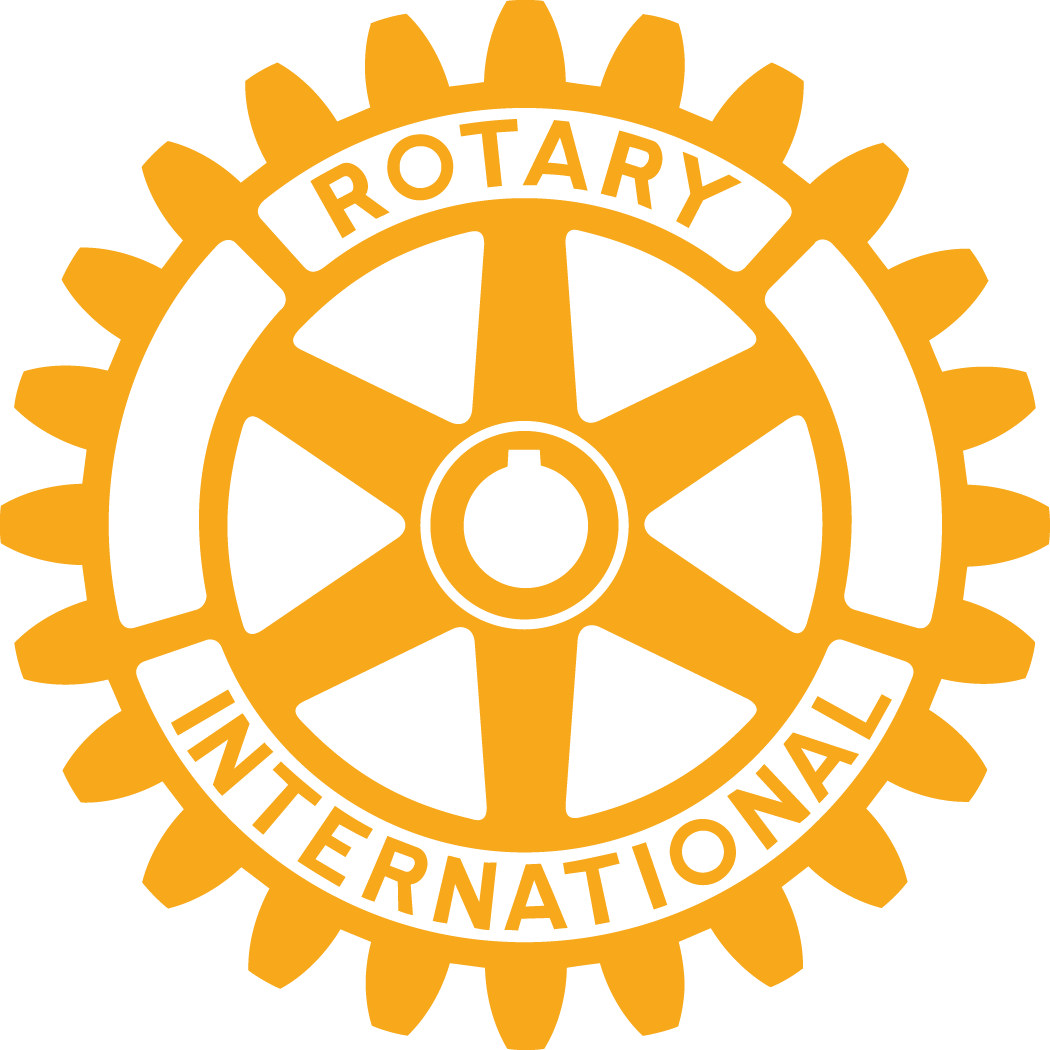Fighting modern slavery
An estimated 40.3 million people around the world live in slavery involving either sexual exploitation or forced labor. A Rotarian Action Group and Freedom United are giving Rotarians a chance to do something to stop it.

Rotary and community members gather for an education and engagement event called a Freedom Forum in Raleigh, North Carolina, to learn more about fighting modern slavery.
McCleary is hoping that working with Freedom United will better lead to more.

